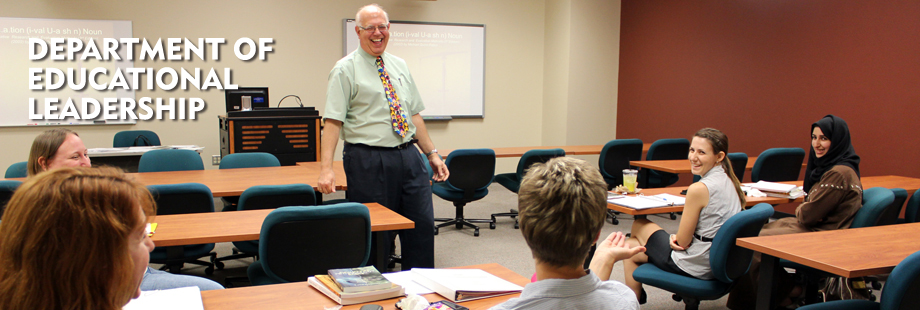Impact of Self-efficacy on Saudi Students’ College Performance
Article included in repository with permission of the publisher. To view the entire publication archive or for information about submitting an article, see the publisher's website.
Abstract
With the increasing numbers of Saudi students marching into American colleges, the academic achievement and social integration of this student group is essential for the ultimate goal of their matriculation with their intended college degrees. Building upon the self-efficacy theory (Bandura, 1986) as a construct of student academic achievement, the article reports a qualitative study about the case of Saudi students at Riverside State University. After initial site observations and document reviews were conducted, primary data were collected from open ended interviews with students, administrators, and professors at RSU. The findings revealed that various aspects of self-efficacy are either agents or influences given the circumstances of the case. It offers recommendations showing how various aspect of the theory can be utilized to increase Saudi students’ self-efficacy and consequently their achievement level.



